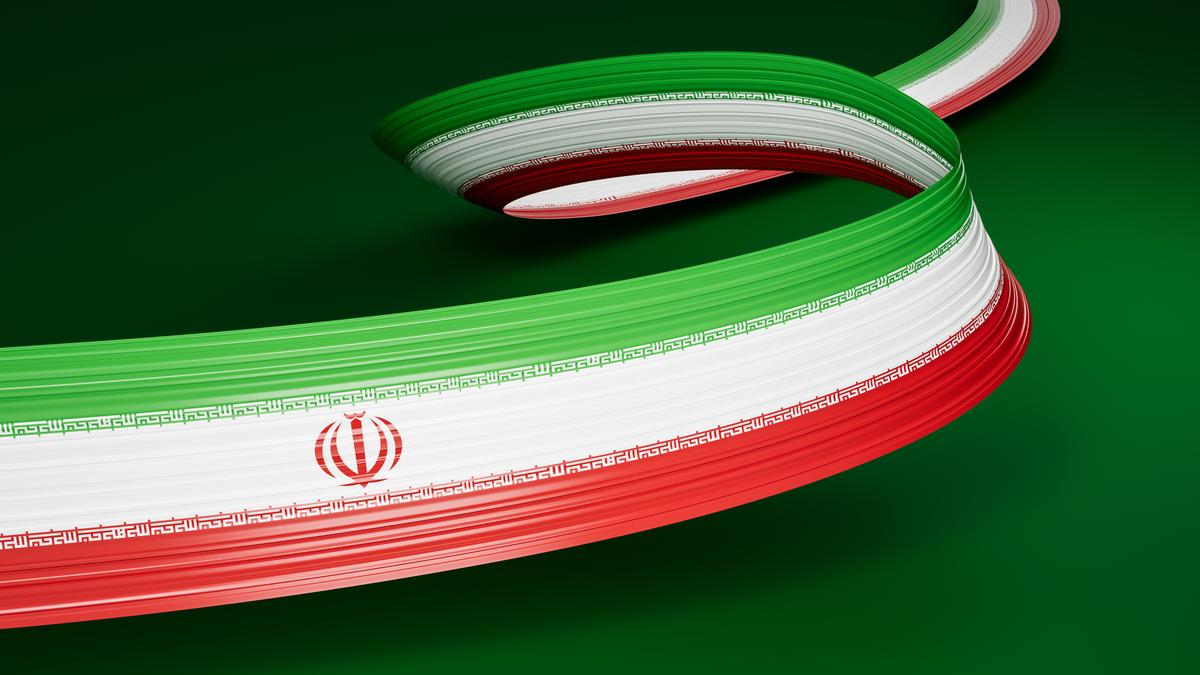The world is undergoing a profound change. Many call this a “time of transition,” while others label it as a “crisis of the Western-led international order.”. What is clear is that the global system, long dominated by western powers, especially the United States, now faces serious challenges.
We see blatant violations of international law, the unchecked use of force, trade wars, a disregard for global institutions, manipulation of the media, and irreversible destruction of the environment. These are not isolated incidents but signs of a deeper crisis. The West, led by the U.S., no longer holds the same ability to dictate its own will as it once did. Its classic toolkit of dominance — the global financial system, monopoly over science and technology, imposition of so-called human rights standards, and control of global media is losing its effectiveness.
The Global South is on a new path
Nations are awakening. Countries, particularly in the Global South, refuse to remain under domination and discrimination. By relying on local models, developing indigenous science and technology, and strengthening their defence and security, they have begun a new path.
In this historic transformation, ancient civilisations hold a unique role. Iran and India, two of the world’s oldest and richest civilisations, have, for centuries, shaped global culture. Both civilisations valued peace and avoided war, fighting only in defence against aggression. Even when defeated militarily, their cultural influence was so profound that they reshaped the conquerors, imparting their knowledge of statecraft, governance, literature, philosophy, and art and architecture to them.
After the arrival of Islam, Iran’s civilisational values continued in a new form, while India — recognised as the oldest continuous civilization — was further enriched by Islamic influence. Shared ancient values have endured across centuries: the view of life as a gift, the belief in the ultimate triumph of good over evil, respect for diversity, the pursuit of inner purification, and the commitment to spiritual growth.
Modern history shows the same resilience. India, through its anti-colonial struggle and leadership of the Non-Aligned Movement, defended the rights of the Global South. Iran, by nationalising its oil industry and through the Islamic Revolution, resisted western domination. Together, both nations embody values that are urgently needed today: peace, spirituality and respect for nature — values that can guide humanity in facing structural violence, environmental crises and social collapse.
Of course, this independence has come at a price. For decades, Iran has endured economic terrorism, cognitive warfare and relentless external interference, yet, it has never yielded. India, too, has faced unjustified pressures and hostile measures. But neither nation has sacrificed its identity or independence to the ambitions of dominant powers.
Now is the time for ancient civilisations such as Iran and India to chart a new course for the Global South. By strengthening South-South cooperation, playing an active role in frameworks such as BRICS, upholding human and moral principles, and advancing transformative projects such as the International North-South Transport Corridor (INSTC), India and Iran can together build the foundations of a just and humane order.
The Palestine issue
At the heart of this order lies the struggle for Palestine — the foremost concern of the Global South. Nowhere else is the hypocrisy, the supremacism and the brutality of the West more evident. The Palestinian people, standing on the front lines against occupation and expansionism, are in fact fighting for the right of all Global South nations to resist domination. In the same way, Iran’s defence of its right to peaceful nuclear energy is also a defence of the South’s right to development. At the same time, Iran becomes a stronghold for international law, diplomacy and dialogue against those who claim to uphold human rights and democracy, yet constantly violate law and order.
Multilateral organisations such as BRICS hold great potential to challenge the economic dominance of the West. At a time when economic sanctions and trade wars are being used to impede development and prevent de-dollarisation, BRICS offers the promise of an independent, participatory and democratic future. Likewise, the INSTC corridor is more than an economic route. It is a civilisational bridge, linking Eurasia, the Caucasus, India and Africa, while bringing stability to West Asia.
The U.S.’s interventions
In West Asia, the U.S. and its allies have consistently sought to prevent the emergence of indigenous regional security by supporting the Zionist regime and fuelling instability in Palestine, Lebanon, Iraq, Syria, Yemen and Iran. Iran, as the region’s oldest civilisation, has firmly opposed such interventions and stands firmly against threatening the territorial integrity of the sovereign countries of the West Asia region.
In South Asia as well, the U.S. has played a major role in creating and expanding terrorist groups. Whenever it has served its interests, Washington has intervened under the pretext of fighting terrorism. And whenever it has suited its agenda, it has even handed power back to those very terrorist groups.
Today, we stand at a turning point in history. The world is changing. Emerging powers and ancient civilisations are redefining their roles. Iran and India, through civilisational wisdom, strategic independence and constructive partnership, can offer the world a new model: an order that is rooted in justice, common interests and respect for human dignity.
This is an order based not on domination, but on participation; not on superiority, but equality. It is a future where nations are not tools of the powerful, but builders of their own destiny. And who better than ancient civilisations such as Iran and India to lead humanity toward such a future?
Iraj Elahi is the Ambassador of the Islamic Republic of Iran to India
Published – September 09, 2025 12:08 am IST
